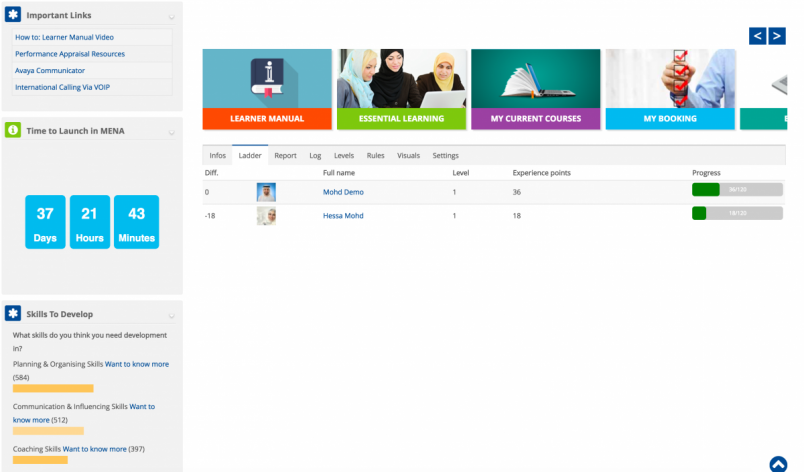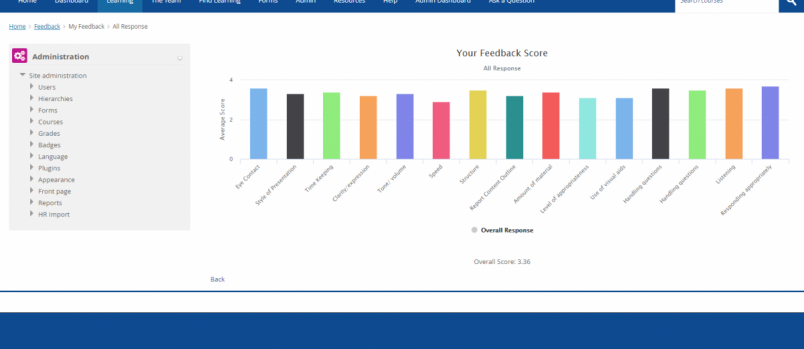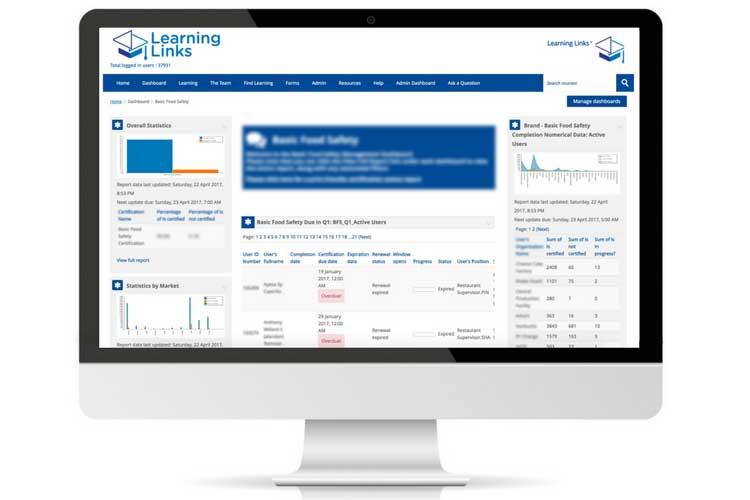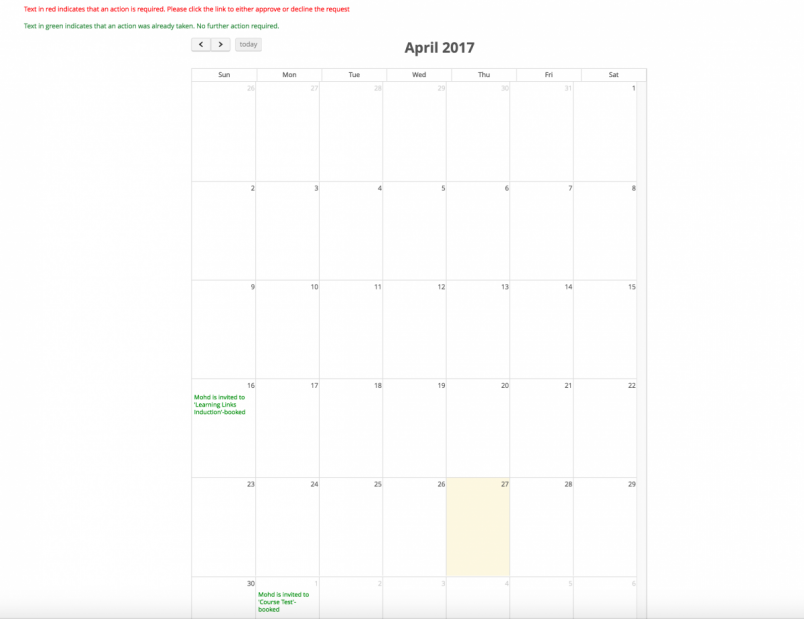Totara Learn (LMS) is used globally, and we were recently delighted to hear all about how our open source platform is being used by a multinational retail franchise operator headquartered in Kuwait, which operates more than 70 customer retail and hospitality brands across 19 markets.
The organisation includes brands such as Starbucks, The Cheesecake Factory, H&M, Victoria’s Secret, Estee Lauder Companies, Pottery Barn, Harvey Nichols and many more, and we wanted to share how Totara Partner iLearn has been working with the business to help them implement Totara.
Why did they need an LMS?
iLearn’s customer needed a bespoke LMS to address the organisation’s complex needs. As a very large, multi-faceted business, there are many different requirements throughout the organisation, meaning they needed an LMS which was flexible and customisable enough to address each of these needs and offer different learning experiences for learners in different parts of the business.
As well as this, the system they chose would be accessed by learners across 110 different nationalities speaking almost 1,000 languages collectively, with most learning being delivered in English and Arabic. These learners span eight career levels (with H being entry-level roles and A being senior management roles), and content needed to be tailored for each different level.

Why did they choose Totara?
The customer approached around 10 LMS vendors to ensure they were making the right decision with their large-scale, custom solution. However, they found that many proprietary solutions were not flexible enough to accommodate their varied requirements, and could not be customised to support their learning vision. Eventually, they decided to work with Totara Partner iLearn, who showed them how an open source, highly flexible solution like Totara LMS could help them deliver learning throughout the organisation, and decided to call the platform Learning Links.
What did the LMS include?
The e-learning content produced covered the what, how and why of employees’ roles. For more junior employees, content primarily focused on the day-to-day what and how of their roles, with more ‘why’ content introduced for more senior employees. With many learners based in the Middle East, where work tends to be very process driven and prescriptive, the customer needed content to encourage employees to be more flexible in the face of more complex challenges in the workplace.
With such a wide variety of learners across age groups, seniority levels, markets, languages and roles, iLearn knew that they needed to customise the customer’s Totara LMS platform to ensure it met their complex requirements. Also, with only around 10% of the retail operator’s learners having access to computers in their day-to-day roles, it was important to ensure that the LMS was mobile friendly and suitable for a BYOD strategy, enabling learners to access content on their own devices as and when it suits them.

With so many different brands needing completely different content, it was essential that each brand had their own space in which to learn. iLearn ensured that each company within the organisation could log in to its own fully branded area within Totara LMS to maintain privacy and to make sure each learner only saw the content relevant to them.
iLearn has helped its customer implement a wide range of features within Totara LMS. These include forums, votes, organising meetings, feedback forms and reporting, as well as experimenting with Open Badges to see how they can be used to improve the learning experience. The organisation is particularly impressed with the fact that Learning Links opens up a two-way conversation between learners and managers, whereby managers can request feedback on learning, presentations and meetings to help them improve over time.
Has the platform been a success?

The platform launched in October 2016, originally in a few select markets with the intention of rolling it out into other markets in June 2017. However, the platform has already proved so popular that learners in these other markets have already started accessing the platform on their own devices. The platform has met employees’ hunger for learning and personal development, and for the first time, any employee at any career level can access learning content online.
In total, the platform currently has over 38,000 users and sees around 500 new registrations every day, with over 11,000 employees registering on a single day in January 2017. In just 175 days, over 99% of employees were registered on the platform. Although it’s still early days, the organisation is still keen to understand what type of content drives learners to the LMS, and they will be monitoring which content is most successful in the coming months.

In the future, iLearn’s customer aims to move more learning onto Learning Links and significantly reduce the amount of face-to-face training delivered. In 2016, they offered over 100,000 face-to-face sessions, taking an average of 3-4 hours each, which was both costly and time consuming, so it is hoped that Totara LMS will help make learning more efficient. As well as this, they want to support learners who want to learn from one another, as well as empowering managers to better share useful and relevant information with their employees.
Interested in more success stories from the Totara network? Check out our case studies page for inspiration.


